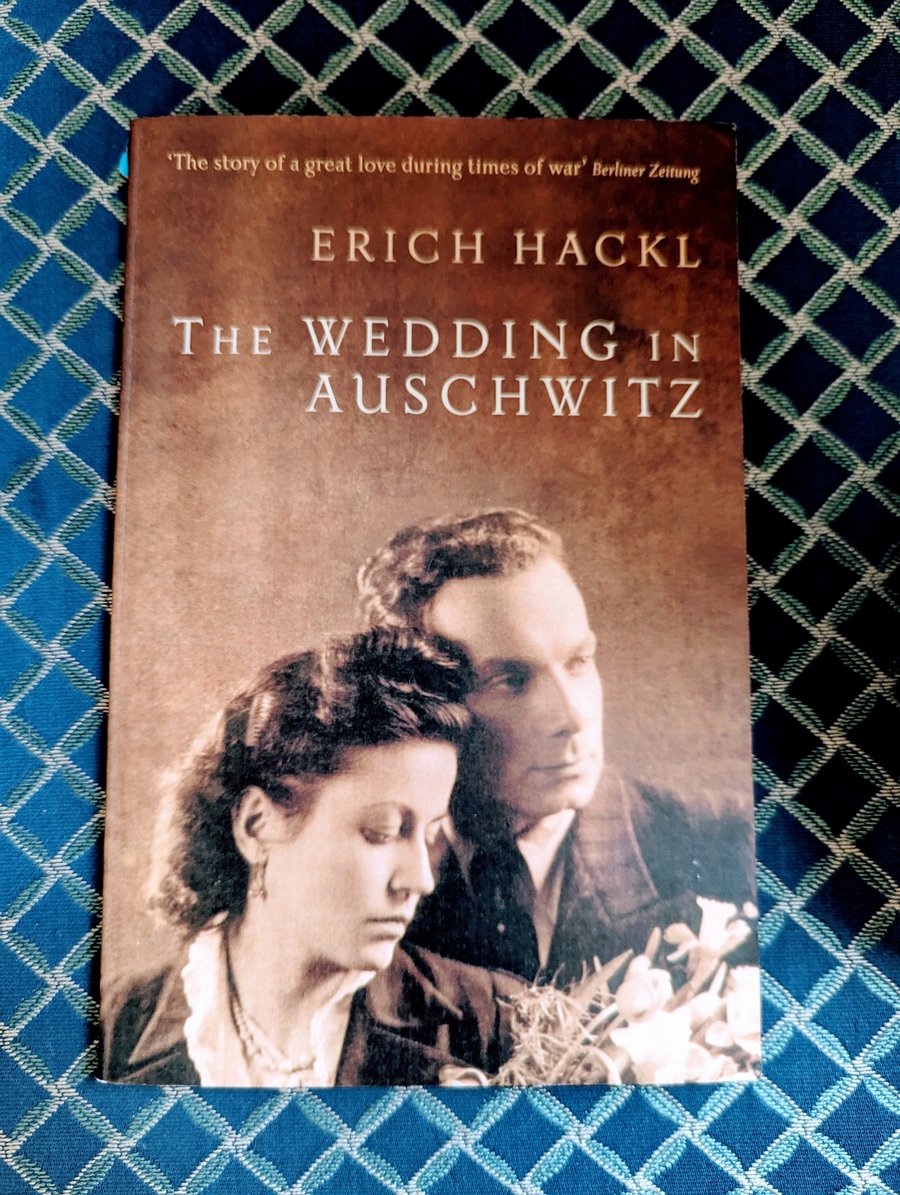The Wedding in Auschwitz, originally written by Erich Hackl in 2002 and later translated by Martin Chalmers in 2009, is a fictional love story based on true events. Erich Hackl is an Austrian novelist and short story writer and has many notable works such as: Sara und Simón, 1995, and Als ob ein Engel, 2007 (Argentina's Angel, 2014). His work has been translated into 25 languages but he is best known in the German-speaking world.
Austrian born Rudolf Friemel joined the International Brigades in 1936 to fight against the soon to be Dictator Franco in the Spanish Civil War (1936-1939). This was a tumultuous time in Spain. The ruling Republican government of Spain was supported by workers and many in the educated middle class as well as militant anarchists and communists, such as Rudi Friemel. The Nationalists ultimately took control by the end of 1939, and unfortunately in 1942, Rudolf Friemel was sent to Auschwitz as a political prisoner. While still in the concentration camp, he tried to have his civil marriage to Margarita, whom he met in Spain, legitimised under German law, which would allow her and Edouard, their son, to stay in the German Reich. This would also make his son Edouard his legitimate child. Miraculously, his application was approved although nobody knows why. Rudolf's father, his wife and their son were allowed to come to Auschwitz, where their wedding took place during the peak of the death camp’s operation.
Erich Hackl’s The Wedding in Auschwitz is hard-hitting. Its conversational tone allows the reader to follow the story closely and feel involved - in other words, you’re right at the heart of everything. This short story highlights the possibility of love even in the most trying of times and during all the horrors of war and the Holocaust. Finally, this short story does not shy away from highlighting the brutality that prisoners had to endure during their time in Auschwitz, nor does it overlook what every reader must know: there will be no happy endings. This is the perfect short story for a reader interested in history. However, this is much more than history, it’s personal and profoundly emotional.
The translator Martin Chalmers has managed to produce an excellent translation of this work. Literary translation is one of the most challenging types of translation. It is essentially creating a new piece of work which is adapted to the new target audience and produces the same effect as the original text. His approach is one that makes the story appear as if it were originally written in English, a very successful method which avoids alienating an audience and allows them to properly enjoy the literary experience without lacking linguistic knowledge of another language.
Reviewed by Thomas Cox
This review was written for the ACF London's EXPLORE OUR LIBRARY initiative.

